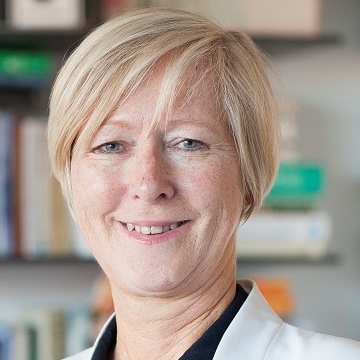The Department of Psychology at Trinity College Dublin, in association with Trinity Research in Social Sciences (TRiSS)
-
Date: Thursday 15th February 2018
-
Time: 1-2pm
-
Venue: Lloyd Building, TCIN Lecture theatre LB11, Trinity College Dublin
 As part of the weekly School of Psychology Research Seminar Series, you are cordially invited to a talk by
As part of the weekly School of Psychology Research Seminar Series, you are cordially invited to a talk by
Shirley Reynolds, University of Reading
on
The Puzzle of Adolescent Depression
Adolescent depression is common and has long-term adverse effects. Unfortunately evidence-based treatments are hard to access and are only moderately effective (Goodyer et al., 2017). Even when depressed young people are offered effective treatment they often do not engage in treatment. This presents a serious health problem. Unlike the rapid research and clinical developments in the treatment of anxiety disorders, relatively little progress has been seen in how we understand or treat depression, especially in adolescents.
Our research is based on the assumption that adolescence is a distinct period of social, emotional, cognitive and neural development. Therefore depression in young people may be very different from depression in adults. Young people who are vulnerable to depression often lack core self-regulation and executive functioning skills. They have significant deficits in reward processing. Irritability, anhedonia, low motivation, low self-efficacy and hopelessness and these can present significant barriers to getting treatment and engaging in treatment. To understand depression in the context of healthy functioning we study teenagers in schools as well as in our university based clinic. We focus on understanding better the experience and key symptoms of adolescent depression (e.g. negative self evaluation, anhedonia, sleep, cognitive problems). This approach has led to exciting new research collaborations with nutritional scientists and neuroscience. During this presentation I’ll describe some of current research and present recent findings which may have broader implications for how we design mental health services for teenagers with depression.

